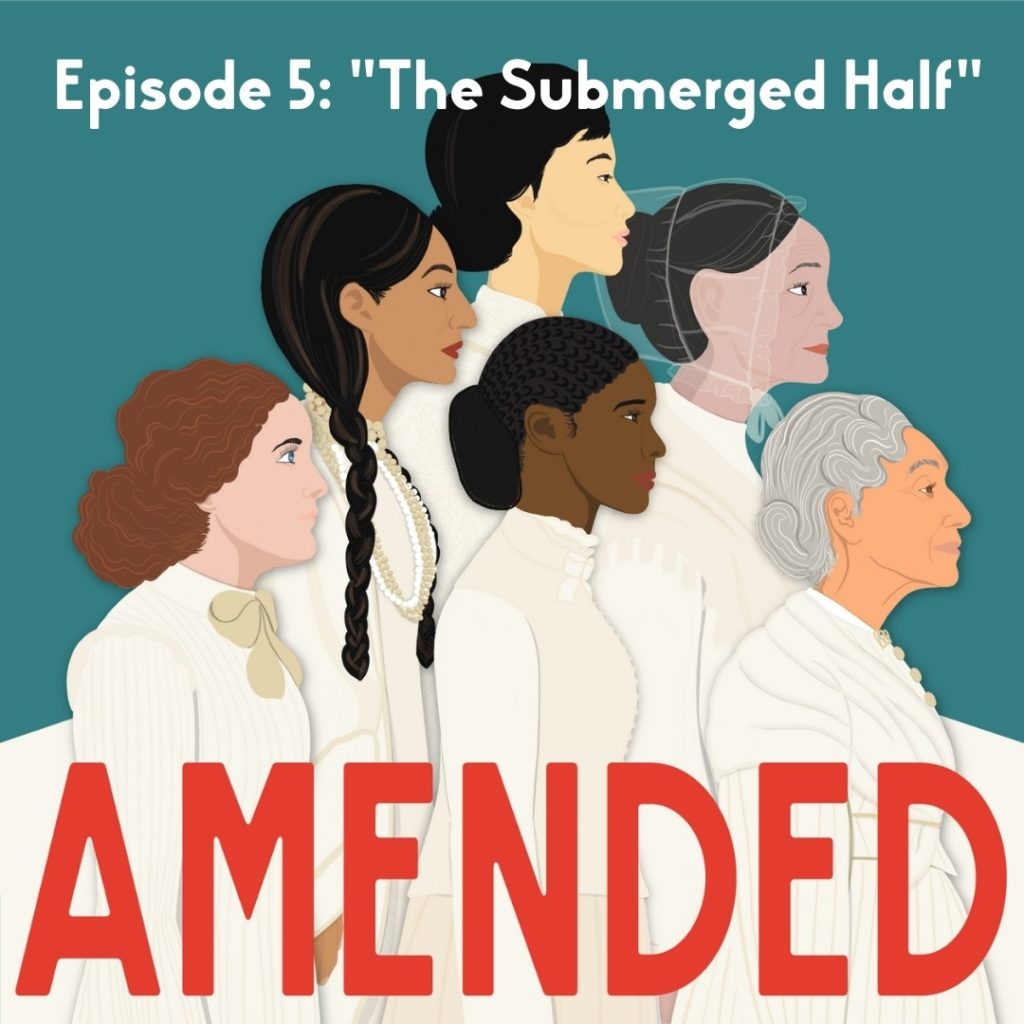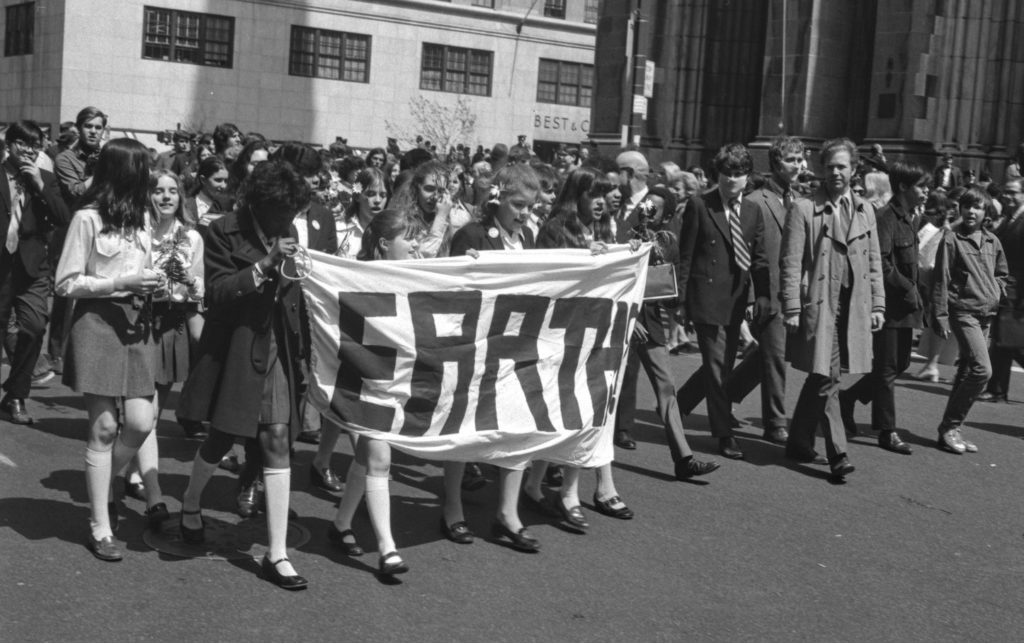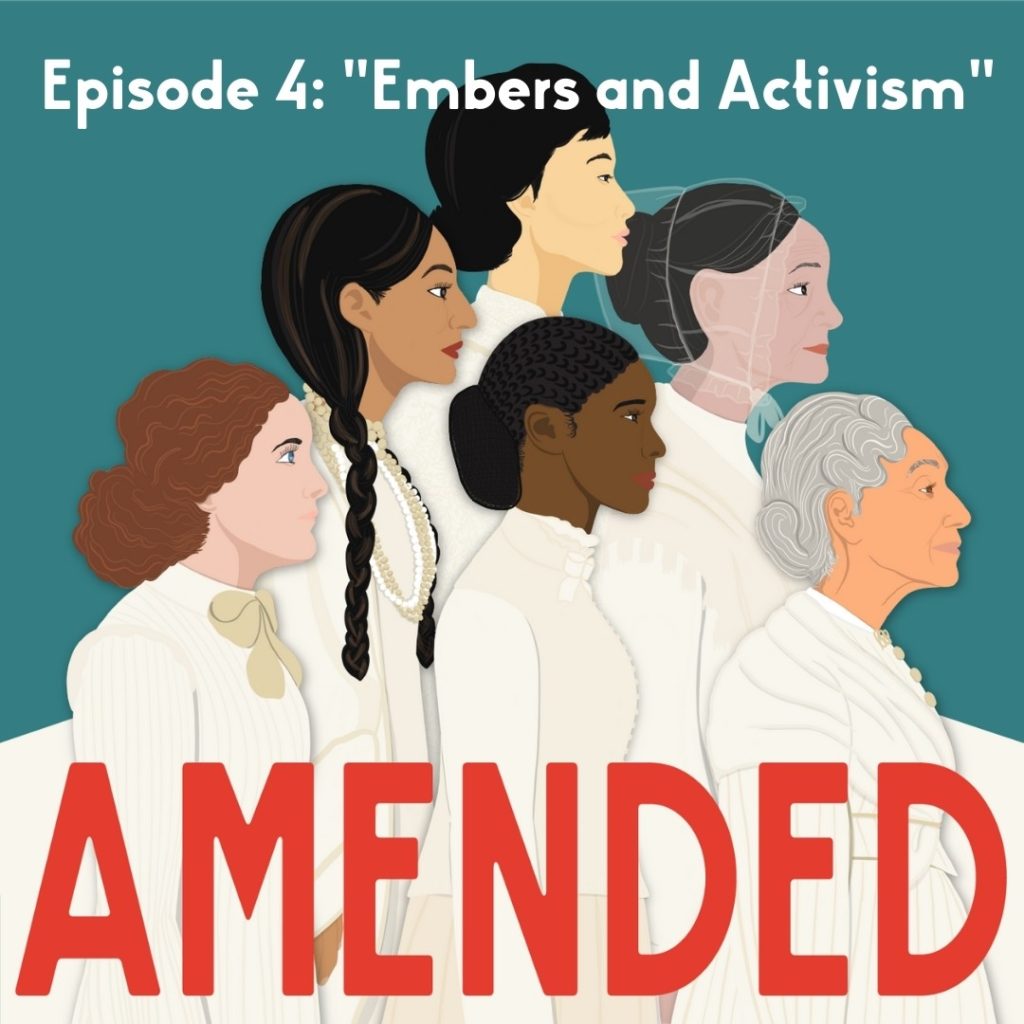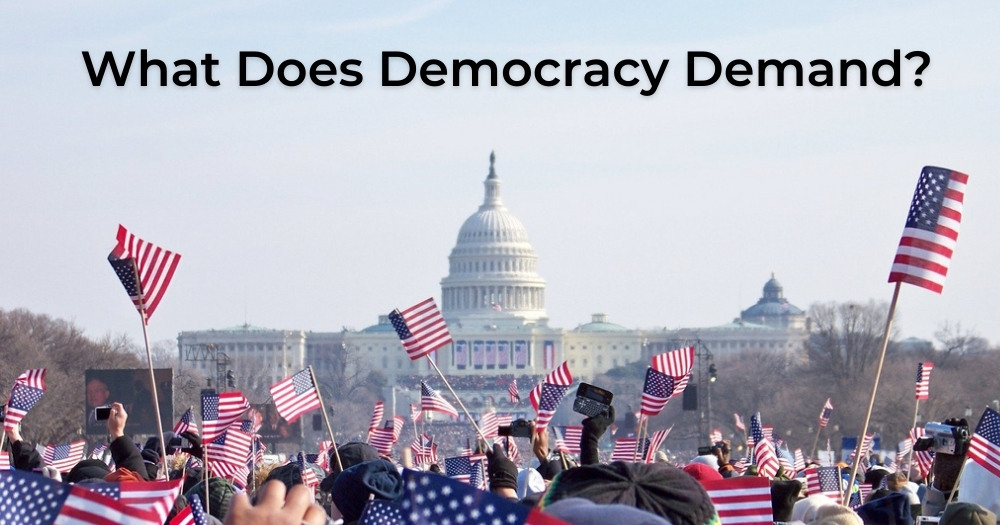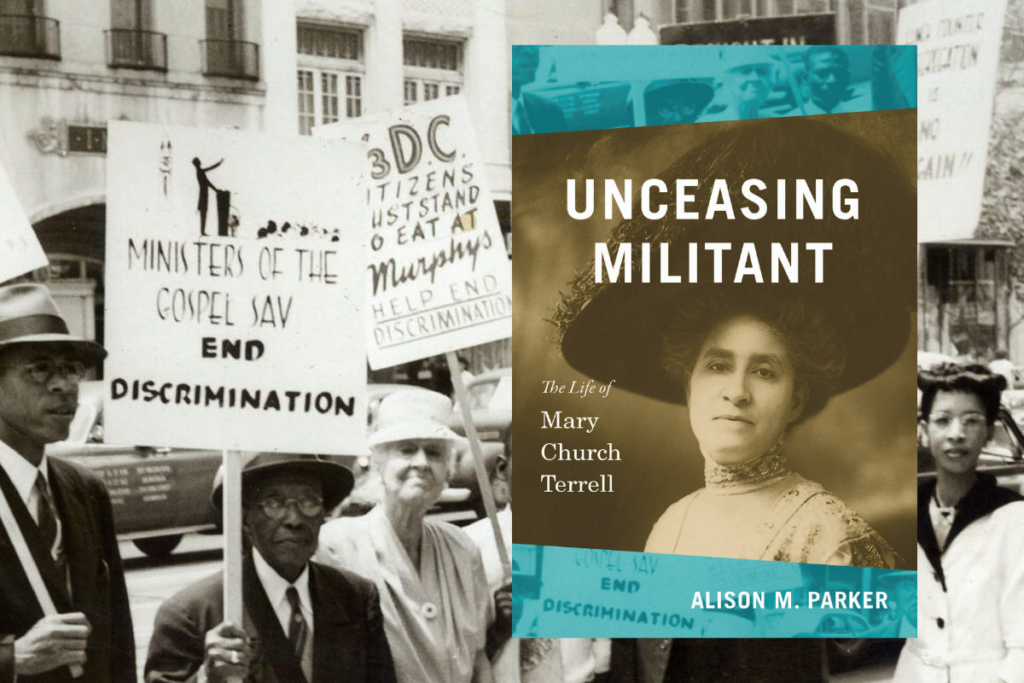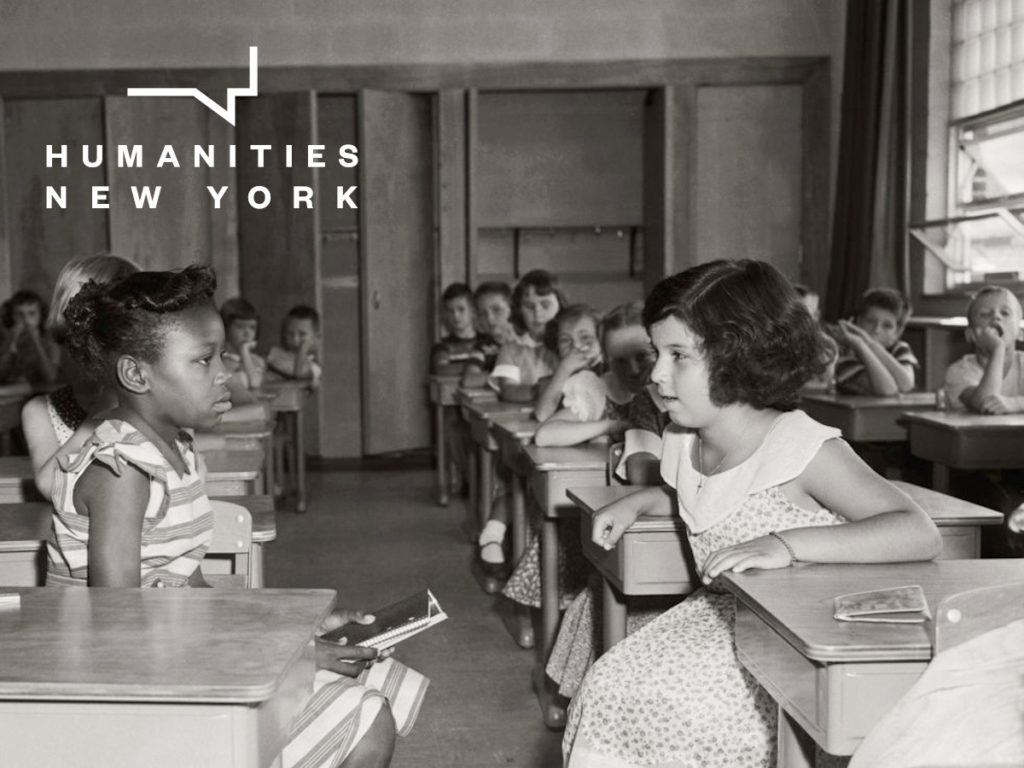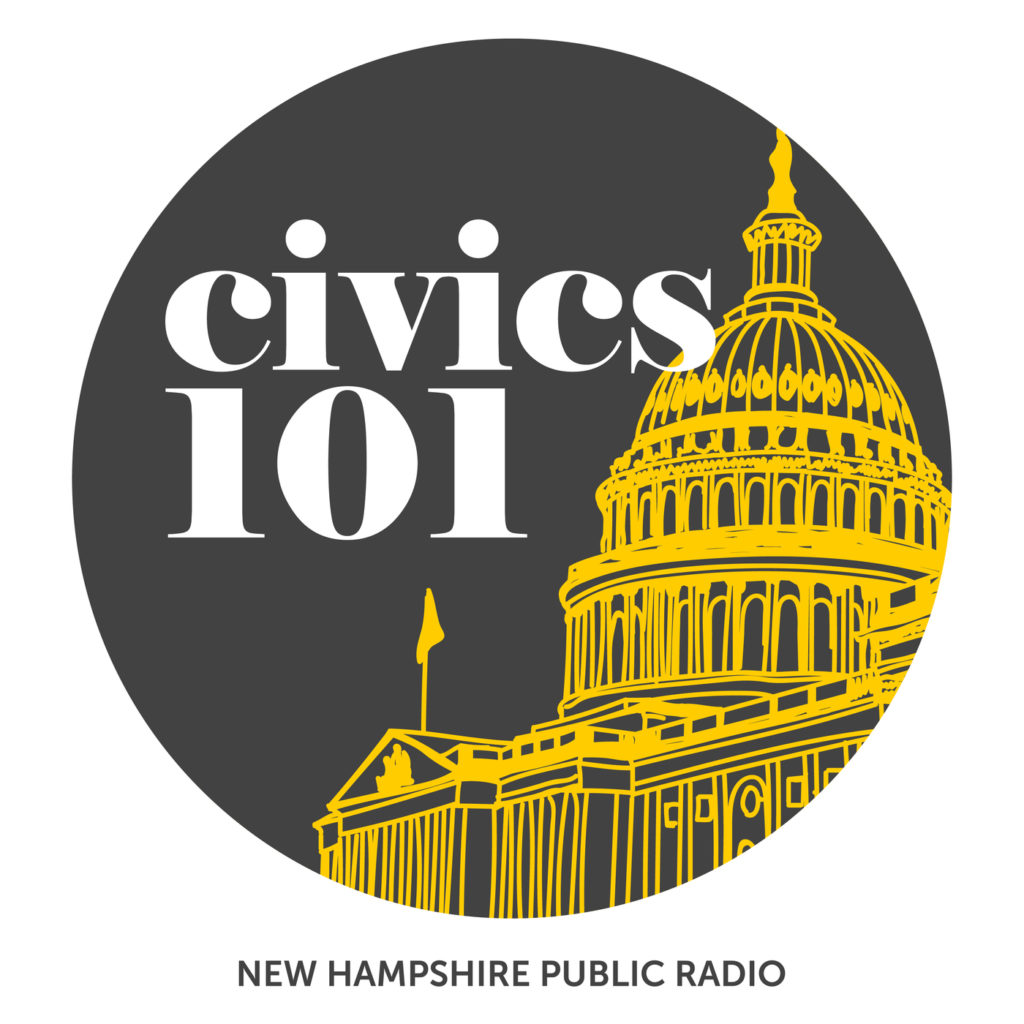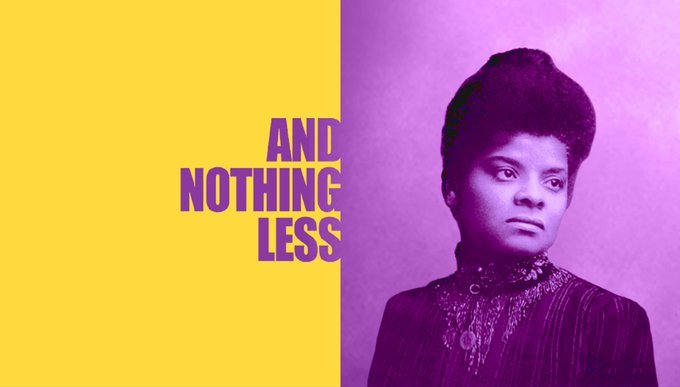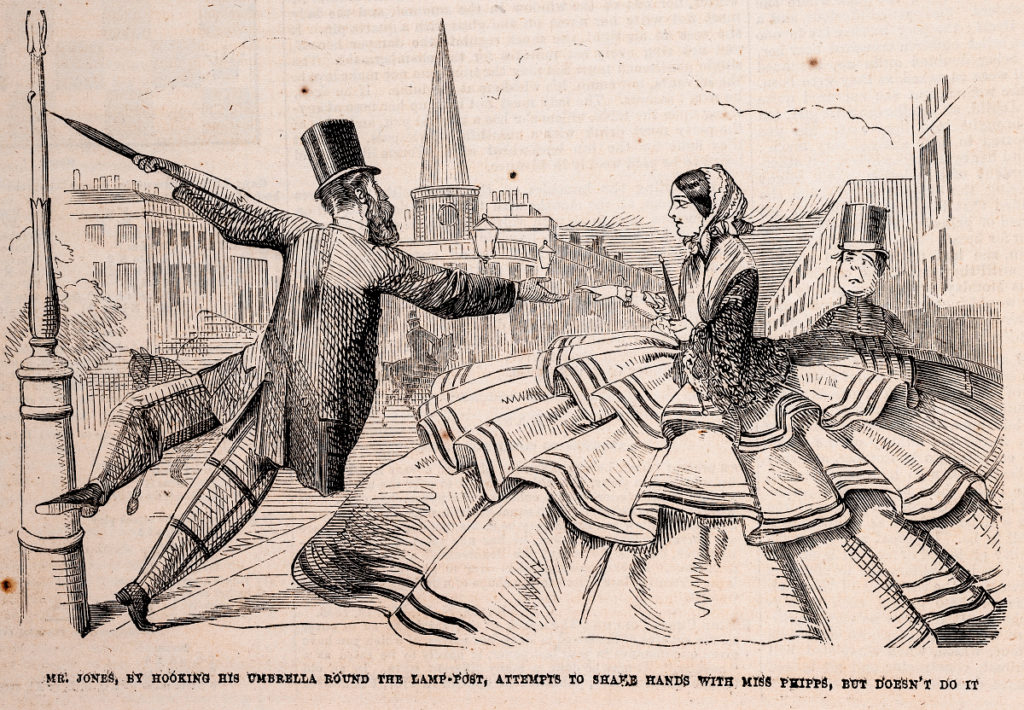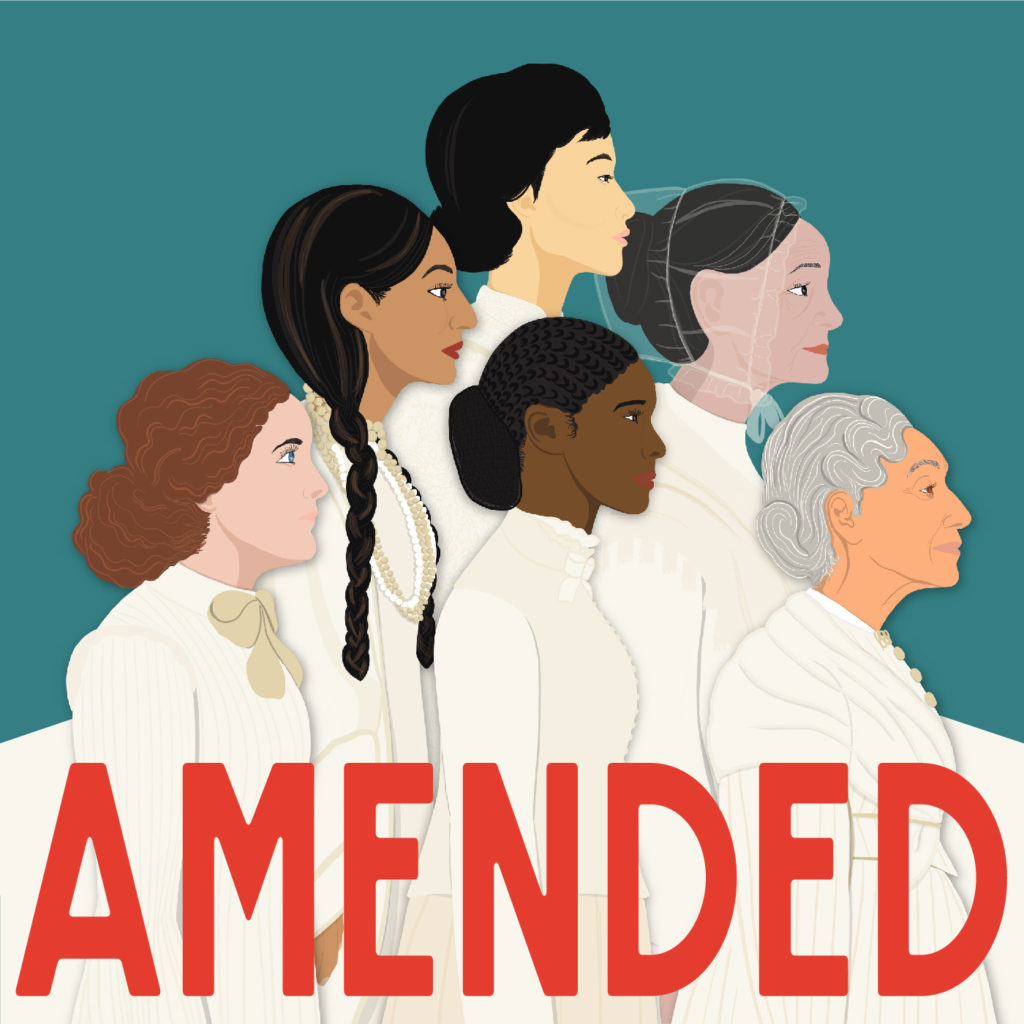In 1912, Mabel Lee, a teenaged immigrant from China, led a New York City suffrage parade on horseback. Ineligible for U.S. citizenship due to anti-Chinese immigration policy, Mabel nonetheless spoke out for American women’s political equality. She envisioned a world where all women had the right to vote—and she wanted white suffragists to pay attention to the discrimination and racism faced by Chinese American women. In this episode, producer Reva Goldberg travels to Chinatown to meet with Reverend Bayer Lee, who honors Mabel’s legacy as the pastor of the church community that Mabel and her parents dedicated themselves to building. […]
How Do We Talk About the Environmental Crisis?
Reflections on “Turning the Tide: Communicating Climate Change.” In 2017, as part of the Buffalo Humanities Festival, HNY convened some of the most brilliant minds in New York to examine how the language and conversations around climate change have shaped our understanding of it, and why the divide between people is so vast. This year we revisited the conversation with one of the panelists, environmental historian Adam Rome, to reflect on where we were then and what the world looks like now. This interview, by HNY’s Joe Murphy, is the first in a series of pieces with scholars and grantees […]
Amended Episode 4: Embers and Activism
On March 25, 1911, a fire swept through the Triangle Shirtwaist Factory in New York City, claiming the lives of 146 workers. Most of the victims were young immigrant women from Eastern and Southern Europe. In the wake of the fire, a group of women labor activists fought to ensure that the tragedy led to concrete change. In this episode, host Laura Free speaks with Dr. Annelise Orleck, author of Common Sense and a Little Fire, to learn about the women who agitated for better working conditions before and after the Triangle Fire. Rose Schneiderman, Pauline Newman, and Clara Lemlich […]
Reading List: What Does Democracy Demand?
Since the 2020 election we’ve held “First Principles” and “Another Reconstruction” a free, two-part online town hall series featuring David Bromwich, Jedediah Purdy, Leah Wright Rigueur, and Brandon M. Terry. At the first town hall, our guest speakers summarized some of the components they see as necessary for a free and open democracy — such as trust, free expression, as well as basic civics education — and then evaluated the contemporary threats to those principles. Join us on January 20th for a Community Conversation in which all the participants can continue the discussion. Hosted over Zoom, we invite you to reflect […]
Unceasing Militant: Mary Church Terrell
By Alison Parker Expressing an early version of the theory of intersectionality at the turn-of-the-twentieth century, Mary Church Terrell identified herself as “a colored woman in a white world” who experienced both racism and sexism. Throughout her life, Terrell also publicly advocated on behalf of black girls and women who were unfairly convicted for defending themselves against assaults by whites. Today, black women activists have similar priorities. Kimberle Crenshaw’s African American Policy Forum, for instance, coined the hashtag movement #SayHerName, urging the Black Lives Matter movement to bring specific attention to police violence against black women such as Sandra Bland, […]
Reading List: US History or American Myth?
This October, HNY’s Online Community Conversations will look at how our nation uses its history, exploring ways in which American history so deeply informs our society and our self-image while, at the same time, many Americans’ memories have little to do with the historical record. We will be hosting this conversation on October 21st. Register here. These conversations lead up to the second annual History and the American Imagination event. This year we are hosting, virtually, distinguished scholar Danielle Allen and celebrated author Kiese Laymon for an illuminating conversation about the ways they see this topic. HNY board member Deva […]
Amended Bonus Episode: “Civic Action: Voting, Part 1” from Civics 101
Suffragists fought hard for the vote. They also knew that gaining access to the ballot was not the end of the struggle for political representation. This week Amended host Laura Free introduces a special episode from Civics 101, a podcast about how democracy works, to help us understand what a vote really means. The United States is a representative democracy. The idea is that we’re a government by the people (we vote officials into office) and for the people (the officials in office are supposed to represent our interests). But Civics 101 hosts Hannah McCarthy and Nick Capodice learn that […]
Amended Bonus Episode:“Truth Is of No Color” from And Nothing Less
The scope of women’s political history is so vast that it can’t be covered by one podcast. This week Amended host Laura Free introduces a special episode from And Nothing Less, a seven-part series from the Women’s Suffrage Centennial Commission and PRX. This episode is more than a story about women’s rights. It’s a story about civil rights. And women like Ida B. Wells and Mary Church Terrell understood that the suffrage fight was as much about race as it was gender. Hosts Rosario Dawson and Retta speak with some great guests you’ll recognize from Amended—like Martha Jones and Lisa […]
Lampooning Political Women
By Alison K. Lange. For as long as women have battled for equitable political representation in America, those battles have been defined by images—whether illustrations, engravings, photographs, or colorful chromolithograph posters. Some of these pictures have been flattering, many have been condescending, and others downright incendiary. They have drawn upon prevailing cultural ideas of women’s perceived roles and abilities and often have been circulated with pointedly political objectives. An excerpt from Picturing Political Power: Images in the Women’s Suffrage Movement In the mid-19th century, female reformers faced an impossible task as they advocated for rights and aimed to maintain a […]
Amended Episode 3: “Of Rights and Wrongs”
Episode Show Notes & Transcript After the Civil War, many abolitionists and women’s rights activists saw an opportunity to team up and advance equality for all. African American author and orator Frances Ellen Watkins Harper was hopeful, too. But she also knew that politics and prejudice could shatter this tentative alliance, with devastating consequences. She wasn’t about to let that happen without a fight. To help tell Frances’s story, host Laura Free meets up with Sharia Benn, a writer, researcher and theater artist who has spent a decade portraying Frances for public audiences. Laura also spends time with historian Bettye […]


